Philip O’Doherty was a member of Inishowen District Council and came from Clonmany parish. In his evidence to the Royal Commission on Congestion in October 1906, he complained about the slow progress of land sales in the parish. By comparison, in the parish of Malin, Mr. Harvey had sold off several town lands under the terms of the Ashbourne Land Act 1885. Here are some extracts from O’Doherty’s evidence:
“Under the terms of the Ashbourne Act, I can find only one town land that has been purchased. The landlord refuses to sell as he wants 26 and a quarter years purchase. I live on the Gilliland estate and the landlord has refused to sell although I have written to the secretary of the Congested Districts Board to see would they interfere and they said they would gladly if the landlord would consent. So the tenants asked the landlord but he refused to sell to the Congested Districts Board.”
Chairman – What estate is that on ?
Philip O’Doherty – “The Gilliland estate. He is not the worst landlord in the country. Here is his letter.”
Mr. Bryce (member of the Commission) – Are there arrears of rent on this property?
Philip O’Doherty – “Very little for they have been hunted up sharply for years past. The people have to go to England and Scotland and America and they send the rents from there. Some of the holdings are not more than thirty shillings.”
Here is an extract from land records for the town land of Drumcarbit in Malin parish. The first figure is the sum advanced, the second is the deposit and the third the half-yearly instalment payable for 49 years. The first payment was due on November 1, 1889:
John Stewart £100, £20, £2.0.0
Rev. Archibald Henderson, Rockville, £500, £100, £10.0.0
Robert McCandless £107, £22, £2.2.10
Eliza Wilson
Henry Canning
John Miller
Bryan Lanagan
Joseph Logan
John McLaughlin
Denis Kelly
Patrick Kelly
Mary Doherty and Owen Doherty
John Campbell.
The highest half-yearly instalment was made by Mary Doherty and Owen Doherty, amounting to £12. Patrick Kelly paid the lowest at £1.14.6. Subsequent land acts had a shorter repayment period but according to Philip O’Doherty, farmers on the Harvey estate prospered once they became land holders. Mr. Harvey would have got better terms under later land acts if he held out. As a result of his actions, the Land War was over as far as the Malin tenants were concerned and farmers in adjoining parishes could only look on in envy.
Much research has still to be done on why some parishes fared better than others in relation to deposits in savings banks. For example, Malin had £5,394 on deposit in 1896 but Clonmany had only £1,289. It is possible that farmers who owned their farms had an incentive to work harder once the vice-grip of punitive rents had been removed. See my article in Donegal Annual 2011 for a full listing of deposits in savings banks in the county and draw your own conclusions. Philip O’Doherty’s evidence throws some light on where the money came from. The bank accounts clearly show that our ancestors were savers and not spenders.
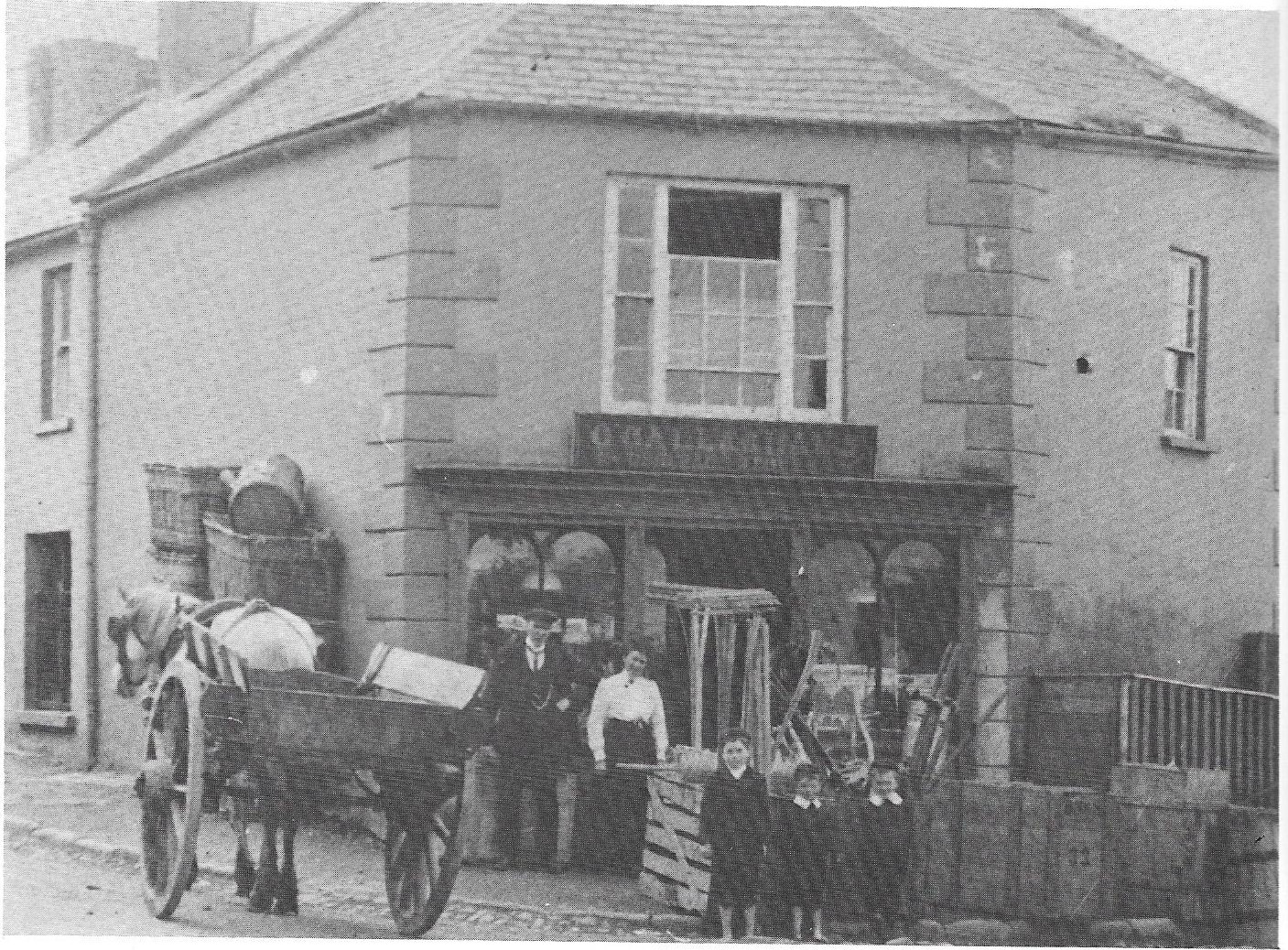

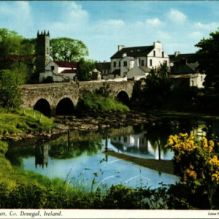
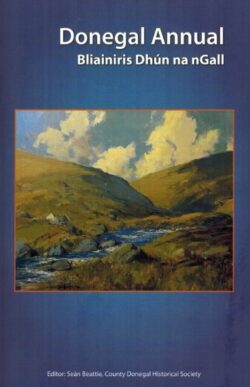
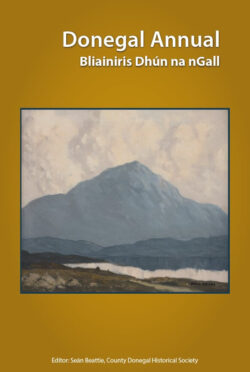
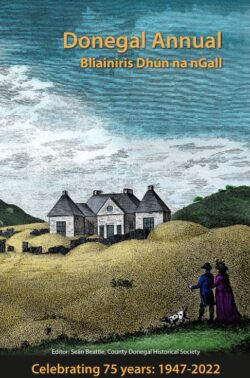
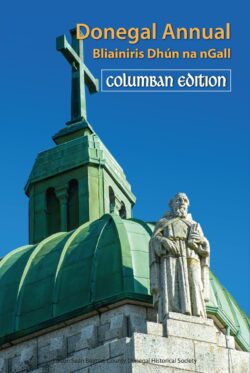

Leave a Reply